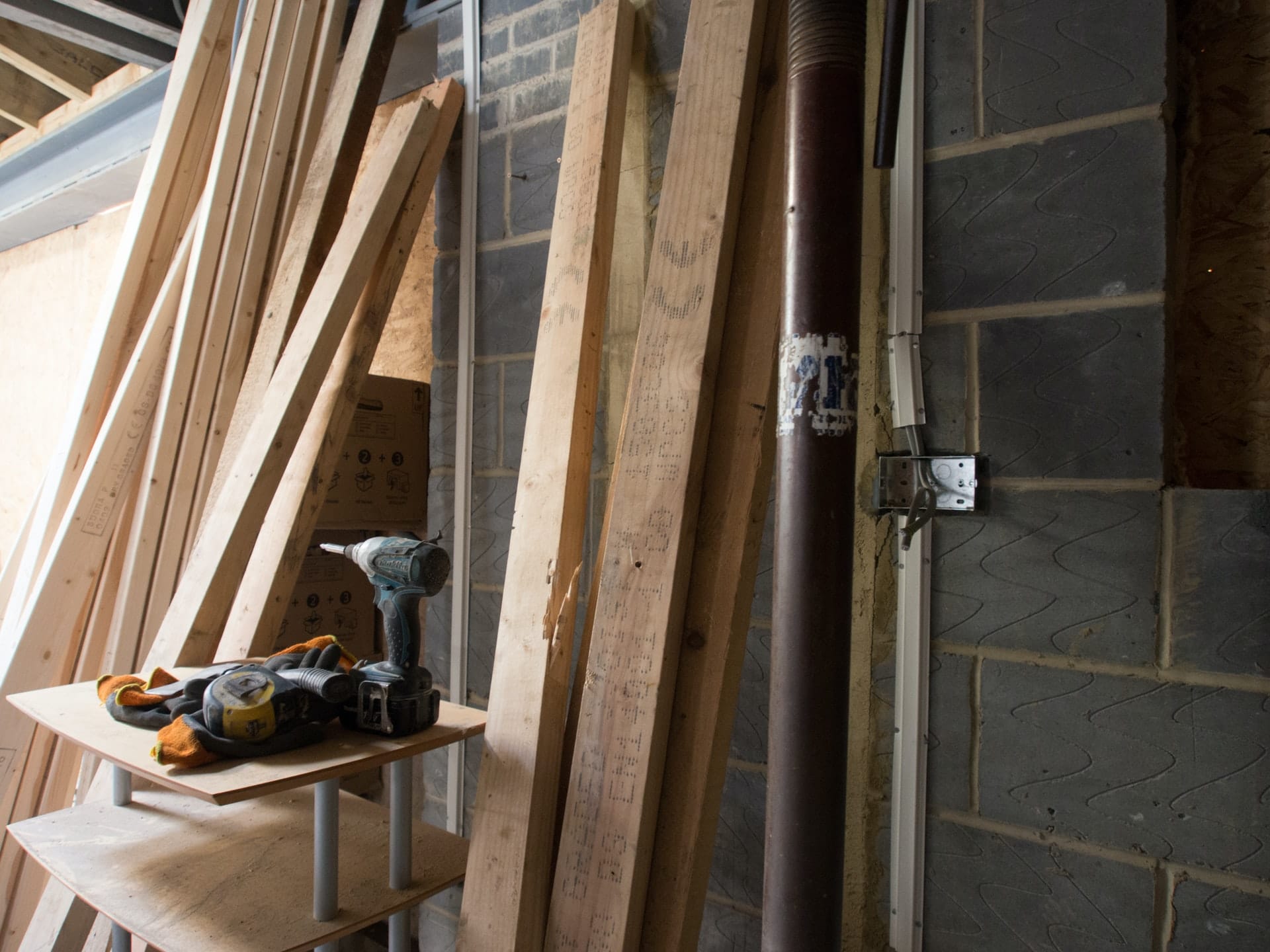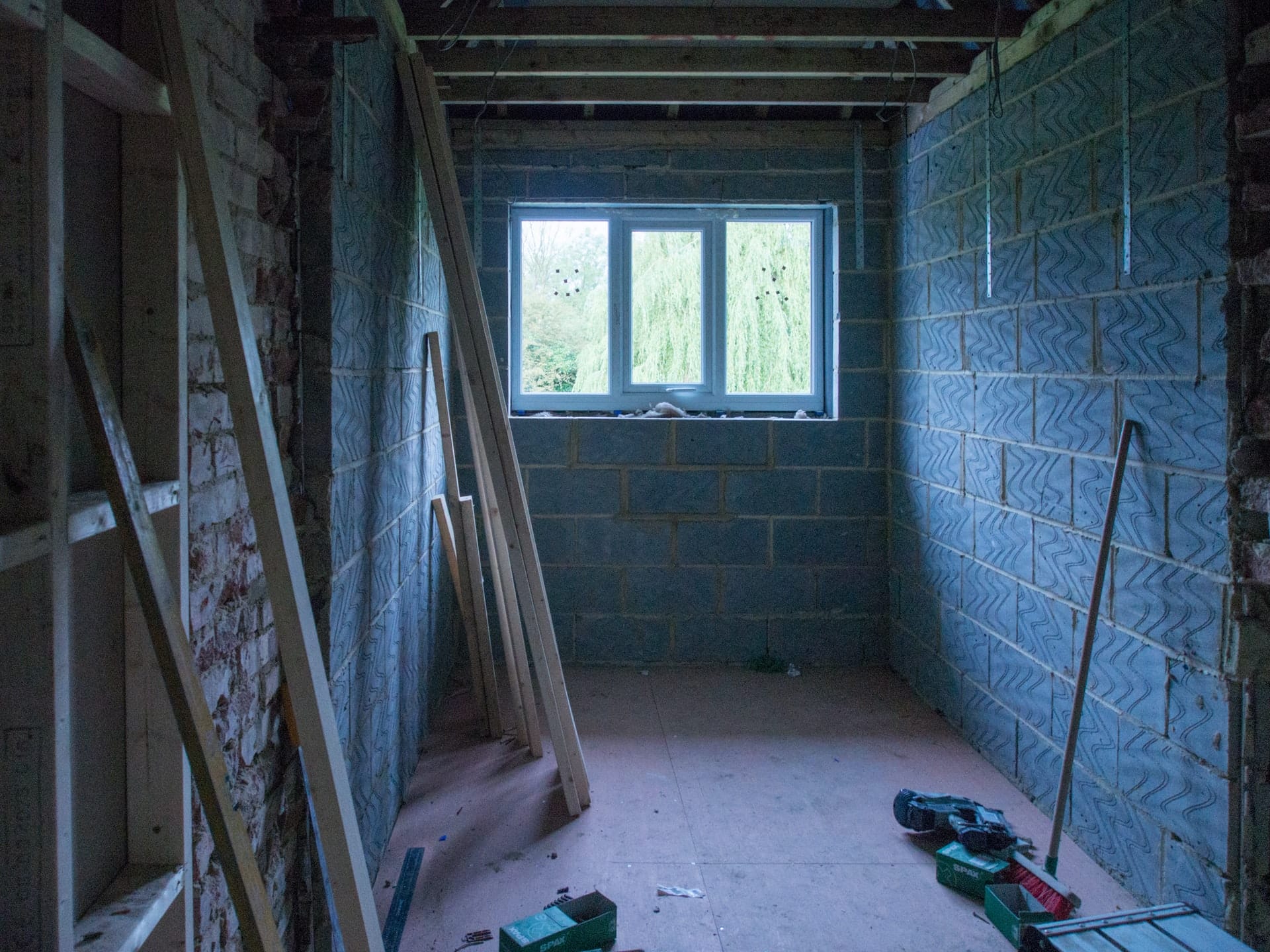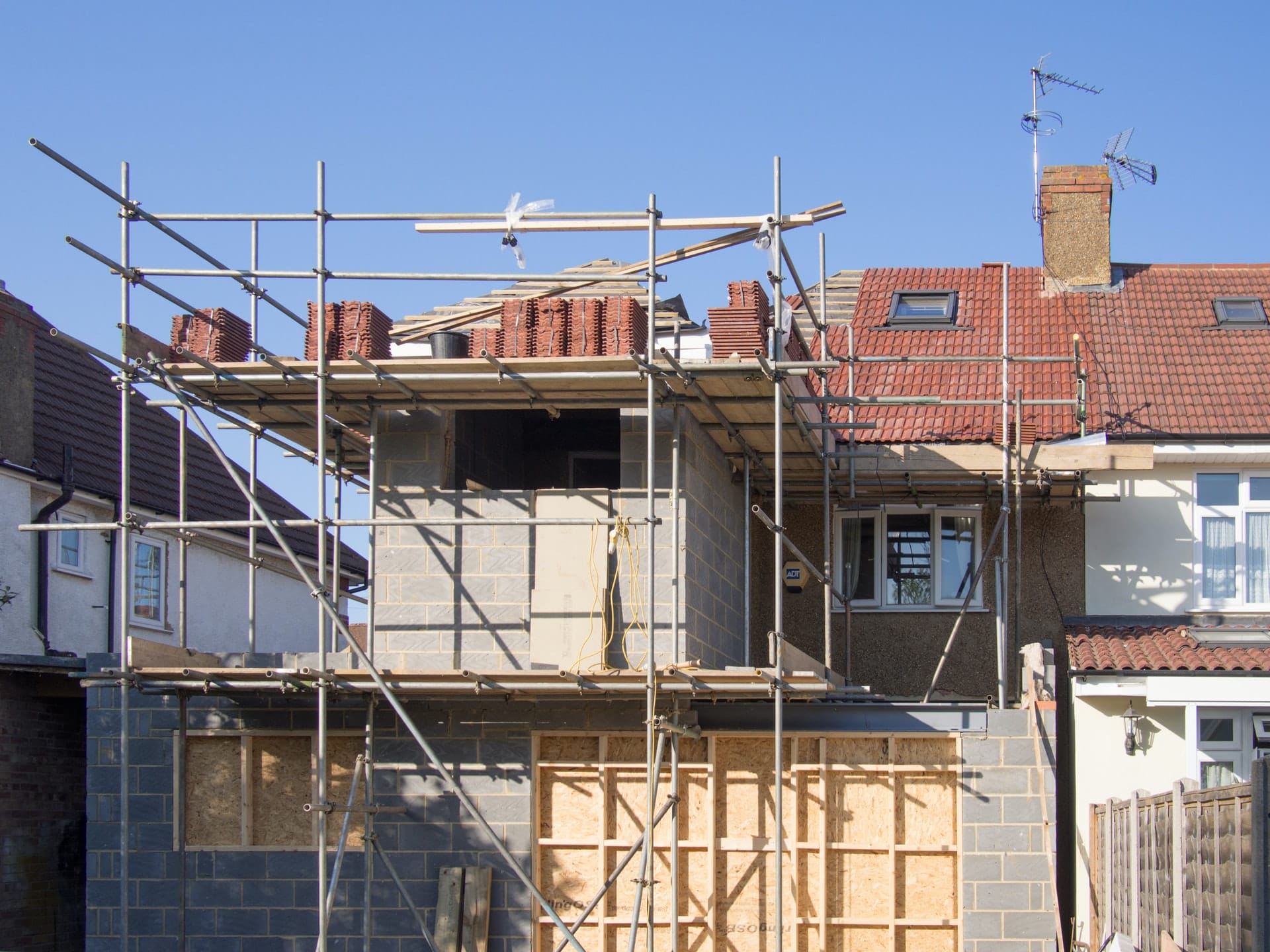House Extensions: Cost Considerations for Washington DC and Maryland Area Homes
Homeowners considering an extension project on their home could be doing so for a myriad of reasons. This could be the result of a growing family, extended house guests, or a need for dedicated office space. Whatever the reason is, you will have to consider how much it’s going to cost before making any plans and decisions.
Budgeting for a House Extension
At the end of the day, the final product is dependent on how much you are willing to spend on it. Properly budgeting for the build is key. This will allow you to plan ahead with the end goal in mind and ensure that you don’t spend more than necessary.
While it is impossible to put an exact number on how much a house extension costs, there are many factors that can affect this figure. The most common place where people go wrong while budgeting for their extension project is by overlooking the importance of little details such as quality building materials or skilled labor. It could be tempting to pick out inexpensive materials and hire someone who will complete the work quickly so that they can move onto other projects, but ultimately, these things add up and your budget could spiral out of control very easily if you’re not careful.
Main Expenses That You Need to Consider

- Planning and designing the extension – This step is often overlooked because many people assume they can just wing it and figure out the details as they go along. However, brainstorming ideas for your extension will help ensure that you have a clear vision of what you want to achieve. This should help you stay on budget.
- The cost of materials – Choosing the right materials for your house extension plays a big role in how it will look and function. Using cheap substitutes can actually cause problems when they have to be replaced or repaired later down the line. There is usually a good reason why the more expensive materials were initially selected.
- The cost of permits – In many areas, any kind of building requires some sort of permit or approval from the local government before getting underway. Materials for this purpose range from a few hundred dollars to thousands depending on where you live and what you’re doing with your extension.
- Utilities – Anything that you build on your property will affect the availability of utilities such as electricity, water, and internet. This can not only cause disruptions in daily life but may also increase your utility bills depending on how much you use these services.
Outside Factors That Could Potentially Affect the Final Price of Your Extension Project

There are many different factors outside of your control that can complicate an otherwise simple project. Some of these include:
- Weather conditions – If you’re building in an area that is prone to heavy rainfall, it may be more difficult and costly to do certain things like lay a foundation or build exterior walls which would otherwise not be necessary.
- Demolition costs – Before starting the renovation process, you will need to consider any ‘extras’ such as removing existing structures on your property. Be mindful of asbestos tiles if they are present since proper disposal can get rather expensive depending on how much there is.
- Building codes and ordinances – Building codes might restrict what sort of designs your extension can have based on what’s already been built around you. Local ordinances might also restrict certain things that you want to do with your new project. For example, if the city requires that homes have windows on the exterior of the house for emergency egress, you’re not going to be able to build an extension with a solid wall because of the potential fire safety risk.
Second Floor Addition vs. Outward Extension
A common dilemma that people face when building an extension is whether to build out or build up. This decision can greatly affect the overall cost of your project because it often dictates what kind of permits you will need and which materials you buy for your home extension.
Building upward means that your yard and landscaping will likely not be affected and you can continue to use the exterior of your home like normal. The downside is that building upward will usually require more expensive construction materials such as concrete and steel beams, even if the design includes prefabricated pieces.
Building outward will affect your yard and landscaping options but it also allows for a much lower cost than building upward. As mentioned previously, this type of project requires less strenuous foundations and materials which ultimately translates to lower costs when you’re piecing together the overall bill for your extension.
Who Do You Hire to Carry Out Your House Extension?
If you’ve been thinking about making some changes to your house, now may be the perfect time to discuss an extension with a skilled and experienced group of professionals like the ones at Winthorpe Design & Build.
Touch base with us through our new process. Whether it’s adding another floor for extra bedrooms to expanding the kitchen into the dining room. We’ll make sure the work is done properly the first time, every time.






